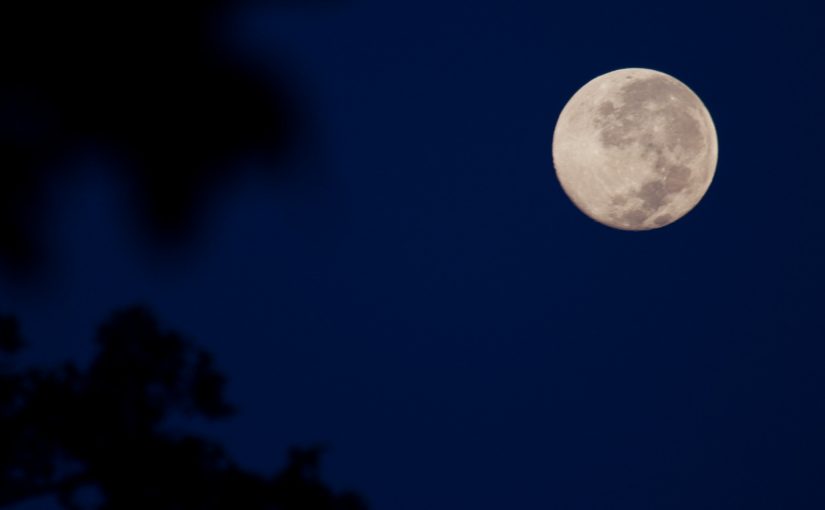na gul apnaa, na khaar apna, na zaalim bagHbaaN apna
basayaa aah kis gulshan meiN, hum ne aashiyaaN apna
— Nazir Akbarabadi (1740-1830)
The first Urdu poet to introduced nazms to Urdu poetry, Nazeer can be said to be the “father of the Urdu nazms” He was much before Haali or Azaad who are generally given credit for being first to bring the form of nazms to Urdu. There is another reason to call Nazir “Father of the Urdu Nazms” ; he wrote nazms on almost all the topics that affect a human. He wrote about festivals, seasons, fruits, about life, just every conceivable topic. He also wrote some beautiful verses on some of the most gHair-shayaraana topics e.g. muflisi, koRhinamaH, paisa, rupaiaa, rotiyaaN, aaTa-daal, pankha and kakRhi among others.
His name was Shaikh Muhammad Wali he wrote with takHallus Nazir. Born in Delhi, during the attack of Ahmed Shah Abdali , he along with his mother came to Agra, and hence the name “Akbarabadi.” He was a teacher by profession, but he also tried his hands in all sorts of odd jobs.
For a generation Nazir was ignored, and when he was studied by critics, he was labeled as “poet of the people.” He wrote not only about love ( as his contemporaries were doing) but his canvas was vast and in his poetry he was able to depict all walks of life including their emotins, sorrows, joys and by his poetry he successfully brings to life even a lifeless object like kakRhi (cucumber), pankhiya (fan) and balaa (ear-ring).
On cucumber…
“farhad ki nigaaheiN, sheereiN ki hansliyaaN haiN?
MajnooN ki sard aaheiN, laila ki ungliyaaN haiN.”
On ear-ring…
“jab hilaati hai suraahi si woH gardan apni
nasha-e-husn ko karta hai do-balaa, balaa”
It was because of his choice of topics Nazir was ignored by the critics of his time. Later when critics of age picked him as a genius it was also because of his vast canvas.
Even though he mostly used common language in his poems. Some of his poems can be said to be “festival of words” which is not seen after him.
dikha kar ik jhamak dil ko nihayat kar gayaa bekal
pari-roo, tand-kHo, sarkash, haTeela, chaleela, chanchal
woH aariz aur jabeeN tabaaN keH hooN dekh uss ko sharmindaaH
qamar, kHoorsheed, zahraH, shamaa, sholaa, mushtari, mashal
kafooN meiN, ungliyoN meiN, laal-e-lab meiN, chashm-e-mai gooN meiN
hinaa aafat, sitam qandaq, masi jadoo, fasooN kajal
badan meiN jaama-e-zar kash, sarapa jiss peH zaib aawar
kaRhe bande chaRhe chhalay angooThi noor tan haikal
and listen to this music of words…
roz mazay se raat ko barsay menh jhamak jhamak
boonday paRheiN Tapak Tapak, pani paRha jhapak jhapak
jaam rahe chhalak chhalak, sheeshay rahe bhabhak bhabhak
hum bhi nashooN meiN kHoob chhak, lauT-tay thay bahak bahak
And see how efortlessly he flirts with his beloved 🙂
ai jaan idhar dekh,
Milne ka tere rakhte hain ham dhyan idhar dekh
aati hai bohot hamko teri aan idhar dekh
ham chahne wale hain tere, jaan idhar dekh
holi hai sanam hans ke ik baar idhar dekh
ai rang bhare logon re khandaar idhar dekh
Ham dekh lein tera ye jamal is ghadi ai jaan
aaye hain yahi karke khayal is ghadi ai jaan
tu dil mein na rakh hamse malal is ghadi ai jaan
mukhde pe tere dekh gulal is ghadi ai jaan
holi bhee yahi kehti hai ai jaan idhar dekh
milne ka tere rakhte hain ham dhyan idhar dekh
ऐ जान इधर देख
मिलने का तेरे रखते हैं हम ध्यान इधर देख
आती है बहुत हमको तेरी आन इधर देख
हम चाहने वाले हैं तेरे जान इधर देख
होली है सनम हँस के तू इक बार इधर देख
ऐ रंग भरे नौ-ग़ुल-ए-ख़्न्दान इधर देख
हम देख लें तेरा ये जमाल इस घड़ी ऐ जान
आये हैं यही करके ख़्याल इस घड़ी ऐ जान
तू दिल में न रख हमसे मलाल इस घड़ी ऐ जान
मुखड़े पे तेरे देख गुलाल इस घड़ी ऐ जान
होली भी यही कहती है ऐ जान इधर देख
मिलने का तेरे रखते हैं हम ध्यान इधर देख
— नज़ीर अक़बराबादी
Like this:
Like Loading...
